Topics
- active learning (18)
- research assignments (6)
- libraries (1)
- literature-based learning (2)
- multimedia (5)
- museums (6)
- object learning (7)
- online learning (5)
- peer instruction (10)
- storytelling (2)
- learning management system (2)
- syllabus design (3)
- teaching empathy (3)
- teaching fellows (1)
- lecture (3)
- learning goals (8)
- assessment (6)
- data (3)
- backward design (3)
- blended approaches (12)
- case-based learning (8)
- classroom contracts (7)
- classrooms and space (3)
- collaborative learning (27)
- community events (1)
- course transformation (7)
- devices (3)
- learning by making (5)
- discussion (24)
- engaged scholarship (4)
- experiential learning (16)
- feedback (18)
- group work (8)
- guest speakers (7)
- interdisciplinary (6)
- leadership (3)
Send feedback
Subscribe
Copyright © 2024 The President and Fellows of Harvard College | Privacy | Accessibility | Digital Accessibility | Report Copyright Infringement

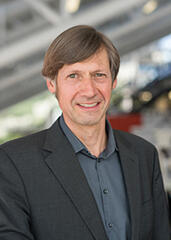
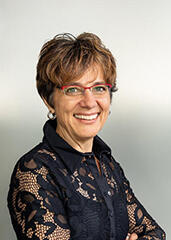 Martin Bechthold, the Kumagai Professor of Architectural Technology at the Harvard School of Design
Martin Bechthold, the Kumagai Professor of Architectural Technology at the Harvard School of Design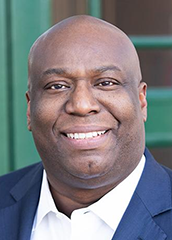
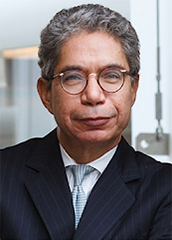
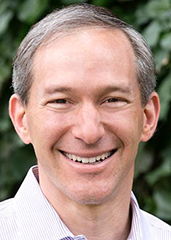 Senior Lecturers Archie Jones, Henry McGee, and Jeffrey Bussgang teamed up to design a new Harvard Business School (HBS) course,
Senior Lecturers Archie Jones, Henry McGee, and Jeffrey Bussgang teamed up to design a new Harvard Business School (HBS) course,  Dr. Phuong Pham, Assistant Professor and Director of Humanitarian Studies, teaches the required course for HSPH Humanitarian Studies Concentrators,
Dr. Phuong Pham, Assistant Professor and Director of Humanitarian Studies, teaches the required course for HSPH Humanitarian Studies Concentrators, 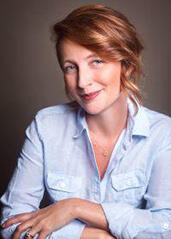 Nicole Mills, Senior Preceptor in Romance Languages and Literatures, helps students grasp the French language and experience the culture through “alternative classroom contexts.” Specifically, students participate in virtual reality (VR) experiences alongside the curriculum. During the first week of the semester, students
Nicole Mills, Senior Preceptor in Romance Languages and Literatures, helps students grasp the French language and experience the culture through “alternative classroom contexts.” Specifically, students participate in virtual reality (VR) experiences alongside the curriculum. During the first week of the semester, students 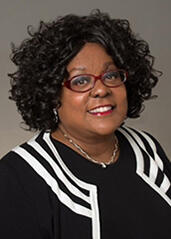 Deborah Jewell-Sherman, Gregory R. Anrig Professor of Practice in Educational Leadership, helps students develop leadership skills and a deeper understanding of the work involved in being a systems-level leader. In her two-term course,
Deborah Jewell-Sherman, Gregory R. Anrig Professor of Practice in Educational Leadership, helps students develop leadership skills and a deeper understanding of the work involved in being a systems-level leader. In her two-term course,